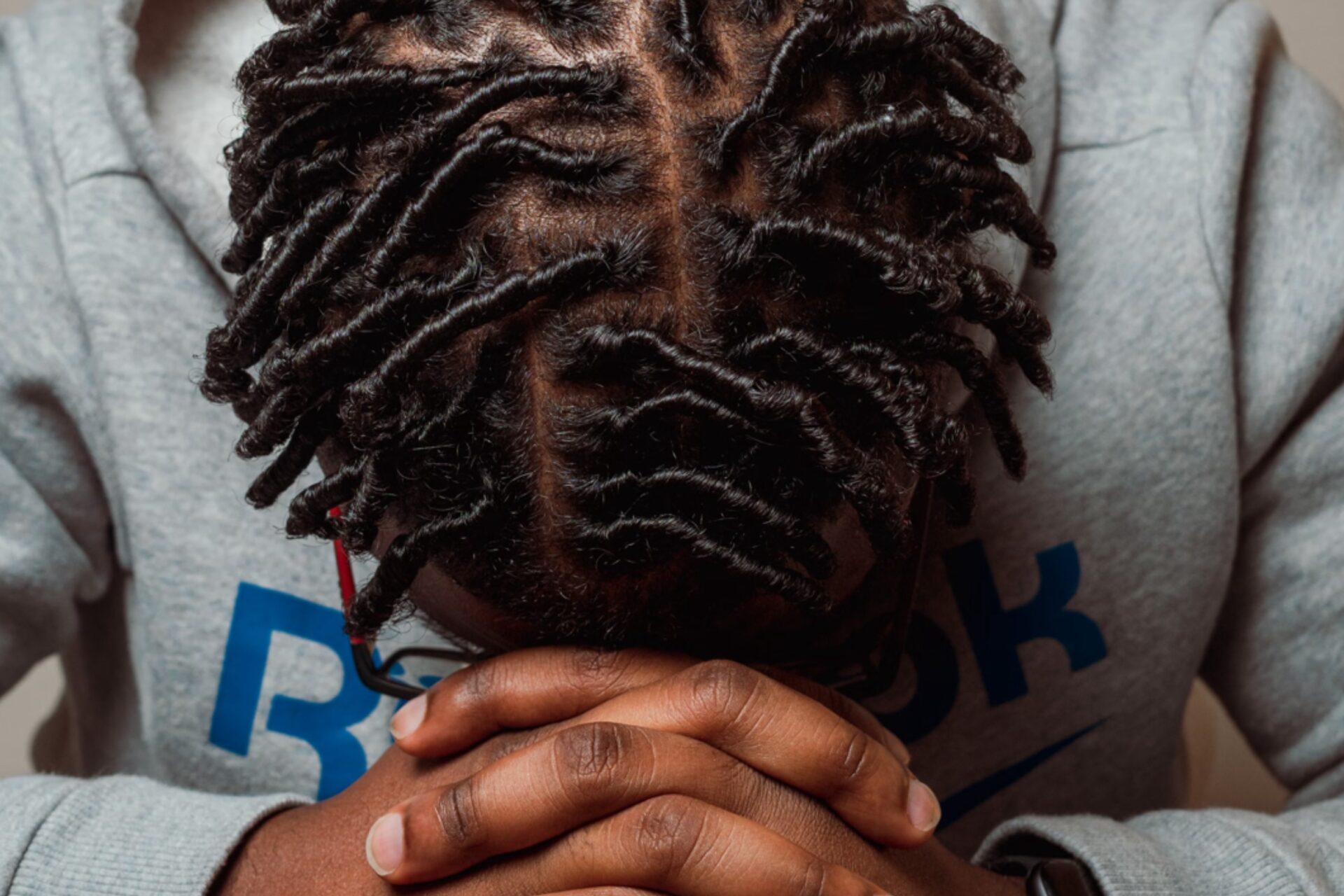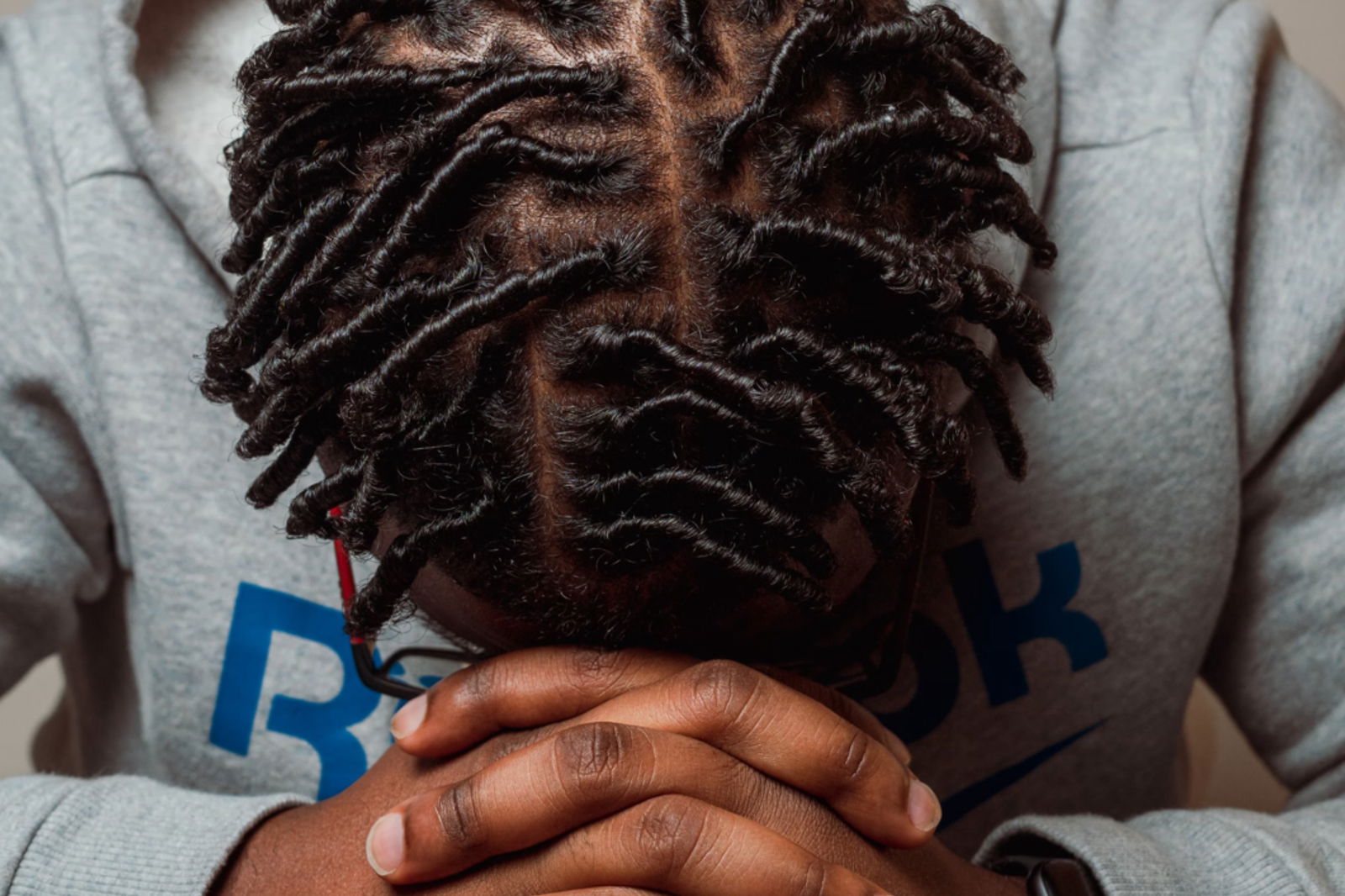
November 12, 2025
Justices appear divided over whether federal law allows damages for religious rights violations by state prison officials.
On Nov. 10, the Supreme Court appeared reluctant to allow an incarcerated Louisiana man to seek monetary damages from prison officials who forcibly cut his dreadlocks in violation of his religious beliefs, suggesting the justices may rule that Congress did not authorize such lawsuits under existing law. The case centers on Damon Landor, a devout Rastafarian who says his faith prohibits him from cutting his hair under the Nazarite vow.
According to NBC News, Landor, who had not cut his dreadlocks in nearly two decades before entering prison, claims his religious rights were violated when officers at Raymond Laborde Correctional Center shaved his head in 2020, despite his objections.
Landor’s attorneys argue that the Religious Land Use and Institutionalized Persons Act (RLUIPA) allows for damages when religious freedoms are violated, citing a 2020 Supreme Court ruling that found such relief permissible under a similar law, the Religious Freedom Restoration Act.
However, during oral arguments, several conservative justices appeared unconvinced. Louisiana Solicitor General Benjamin Aguinaga maintained that RLUIPA does not authorize suits for damages against state officials, noting the difference between cases involving federal employees and those involving state-funded institutions.
Justice Neil Gorsuch emphasized the absence of clear legislative language supporting Landor’s claim.
“Congress could easily have written a statute that does this,” he said. “It didn’t do that.”
He further warned that permitting such lawsuits could open the door to claims against state officials in other federally funded programs, citing the example of a state university coach facing potential litigation over team eligibility decisions.
Justice Amy Coney Barrett echoed that concern, pointing out that federal appellate courts have consistently ruled against similar damages claims. “It’s hard to see how it’s clear if every circuit is coming out differently,” she told Landor’s attorney, Zachary Tripp.
The Court’s three liberal justices, however, expressed support for Landor’s position. Justice Sonia Sotomayor argued that officials should already be aware they could face legal consequences when violating federal rights, saying, “We’re all presumed to know the law when we take our jobs.” Justice Elena Kagan added, “Why would the rule be any different under RLUIPA?” noting that state officials are already subject to other civil rights suits.
Landor, who was serving a five-month sentence for a drug offense, presented officers with a prior court ruling affirming that cutting a Rastafarian’s hair violates religious rights. Despite this, two guards restrained him while another shaved his head.
Lower courts sided with the state, prompting Landor’s appeal to the Supreme Court, where the decision could redefine how far religious protections extend for those behind bars.
RELATED CONTENT: Girl, Bye! Megyn Kelly Weighs In On Michelle Obama’s Hair—And No One Asked Her To


